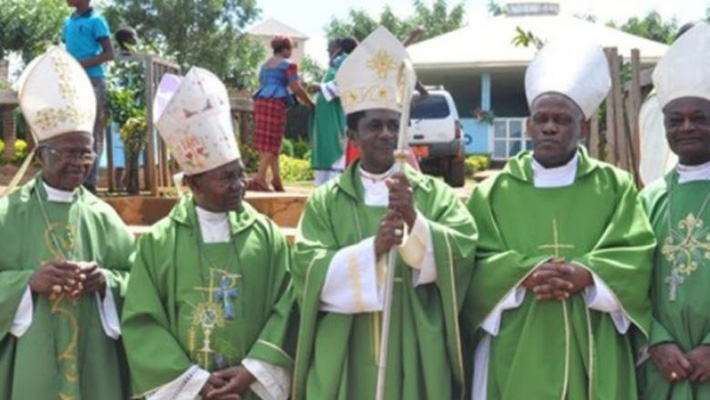By CISA
KINSHASA, JUNE 15, 2021 (CISA)-The National Episcopal Conference of Congo (CENCO) and the Church of Christ in Congo (ECC) have jointly expressed their regret following the parliaments’ decisions to reject a bill aimed at strengthening the independence and monitoring of the Independent National Electoral Commission (CENI).
“The ECC and CENCO are surprised by the fact that other mechanisms aimed at strengthening the independence of the independent national electoral commission as well as those which institute the technical and administrative control of the independent national electoral commission contained in the proposal for Lutundula law have been pruned from the text adopted by the National Assembly,” reads a joint press statement issued on June 11.
The provisions contained in Christophe Lutundula’s bill were shot down by the two chambers of Parliament.
The bill had advocated the abolition of the plenary assembly of the CENI noting it had no effective power. It had however proposed the creation of COPEC in charge of monitoring the electoral process, evaluation and control of the conformity of the acts of the members of the CENI office as well as of its activities.
“The refusal of any control over the Bureau of the CENI, whose lack of accountability and transparency in operational and financial management has been denounced, creates a conflict of interest for the benefit of the Bureau transformed into judge and party, eluding all. serious, effective and independent control, as in 2011 and 2018. Indeed, the 7 members of the CENI Bureau de facto escape control, and are guaranteed impunity by being a majority body, by recruiting only a member, among the rest of the members of the CENI,” the statement adds.
The Politico-administrative and Legal Commission (PAJ) of the National Assembly had rejected the bill, leaving this control power to the plenary. According to PAJ chairman André Mbata, it is the Plenary Assembly of 15 members which will exercise internal control instead of a COPEC so as not to unnecessarily multiply the bodies and weigh down the electoral machine.
